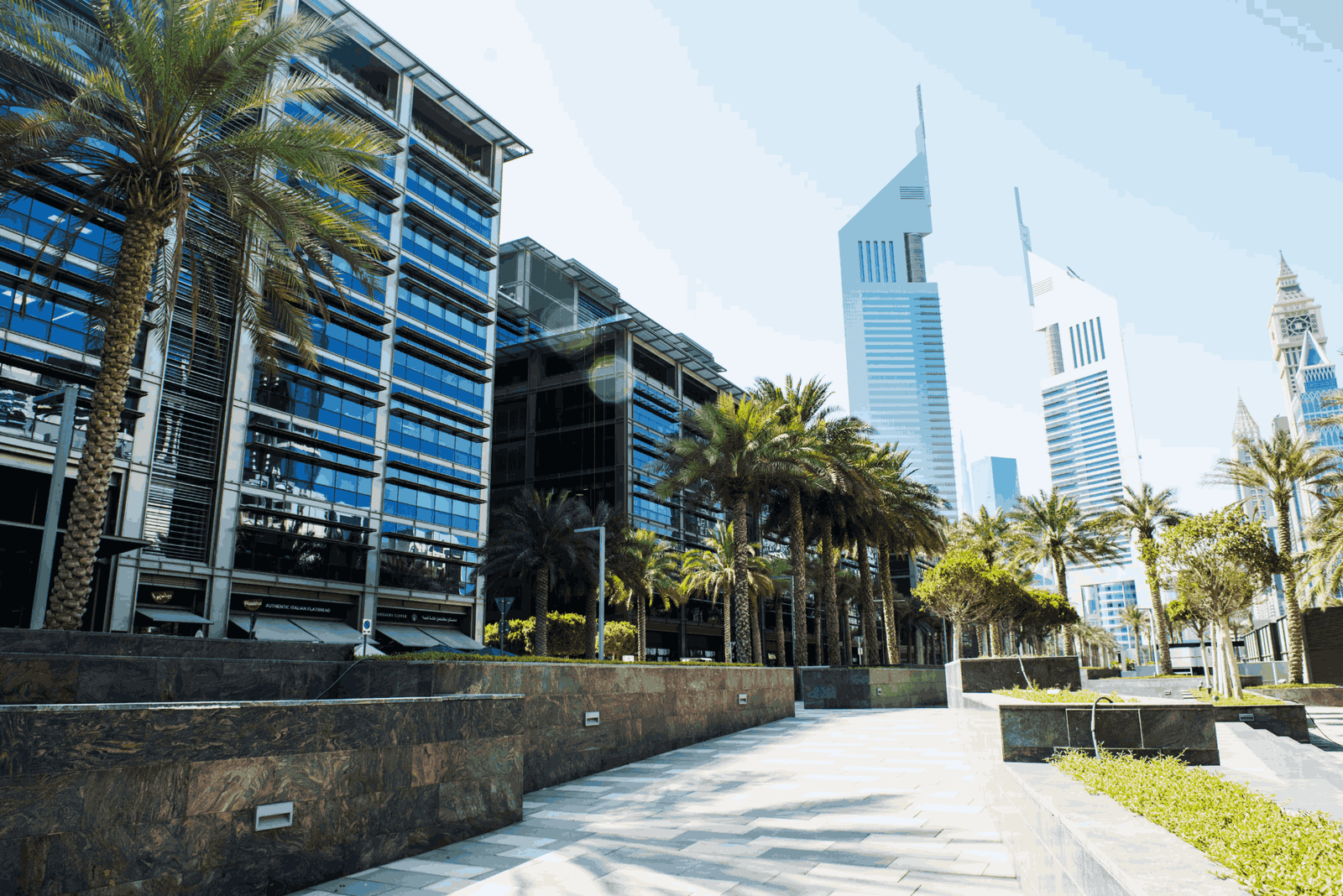Luxury fashion has always been synonymous with exclusivity, craftsmanship, and timeless elegance. As we move further into the future, the industry is undergoing a significant transformation, driven by changing consumer preferences, technological advancements, and a heightened awareness of sustainability.
For those who seek to dress to impress, understanding these emerging trends is crucial. The future of luxury fashion promises to be as dynamic and innovative as it is refined.
The Rise of Sustainable Luxury
Sustainability is no longer a buzzword but a guiding principle in the world of high-end fashion. As consumers become more conscious of their environmental impact, luxury brands are responding by adopting more sustainable practices. From sourcing eco-friendly materials to reducing carbon footprints, the shift towards sustainability is reshaping the luxury landscape.
Brands are increasingly embracing the concept of “slow fashion,” focusing on quality over quantity. Consumers who choose to dress to impress are now seeking pieces that not only exude elegance but also reflect their values. In the future, we can expect to see more luxury brands prioritizing sustainability, creating collections that are as ethical as they are exquisite.
The Digital Transformation of Luxury Fashion
The digital revolution has left no stone unturned, and luxury fashion is no exception. The future of the industry lies in its ability to seamlessly integrate digital innovation with traditional craftsmanship. Virtual fashion shows, augmented reality (AR) fitting rooms, and personalized online shopping experiences are just a few examples of how technology is enhancing the luxury fashion experience.
Imagine trying on a couture gown from the comfort of your home using AR technology or receiving personalized style recommendations based on your past purchases and preferences. As luxury brands continue to innovate in the digital space, the shopping experience will become even more immersive and tailored to the individual.
Personalization and Customization
In the world of luxury fashion, one size does not fit all. Personalization and customization are becoming increasingly important as consumers seek to express their unique style and identity through their clothing. The future of luxury fashion will see a continued emphasis on bespoke services, where clients can collaborate with designers to create one-of-a-kind pieces that truly reflect their personality.
Whether it’s a custom-made suit, a monogrammed handbag, or a tailored dress, the ability to own something truly unique is a luxury that will only grow in demand.
The Influence of Cultural Diversity
As the world becomes more interconnected, the influence of cultural diversity on luxury fashion is becoming increasingly evident. Designers are drawing inspiration from a wide range of cultures, incorporating traditional techniques, patterns, and fabrics into their collections. This trend towards cultural inclusivity is not only enriching the aesthetic of luxury fashion but also broadening its appeal to a global audience.
Whether it’s a piece that features intricate embroidery from India, vibrant textiles from Africa, or minimalist designs inspired by Japanese aesthetics, cultural influences add depth and meaning to luxury fashion. The future will see a continued blending of cultures, resulting in collections that are as diverse as they are luxurious.
The Evolution of Gender Fluidity in Fashion
Gender fluidity is another significant trend shaping the future of luxury fashion. As societal norms continue to evolve, the lines between traditional gender roles in fashion are blurring. Designers are increasingly creating collections that are gender-neutral, allowing individuals to express themselves freely, regardless of societal expectations.
The future of luxury fashion will continue to challenge conventional norms, offering a diverse range of styles that cater to all individuals, regardless of gender.
Conclusion
The future of luxury fashion is an exciting blend of tradition and innovation. As sustainability, digital transformation, personalization, cultural diversity, and gender fluidity continue to shape the industry, the way we perceive and interact with luxury fashion will evolve. For those who aim to dress to impress, staying ahead of these trends will be key to curating a wardrobe that is not only stylish but also reflective of the changing times.





